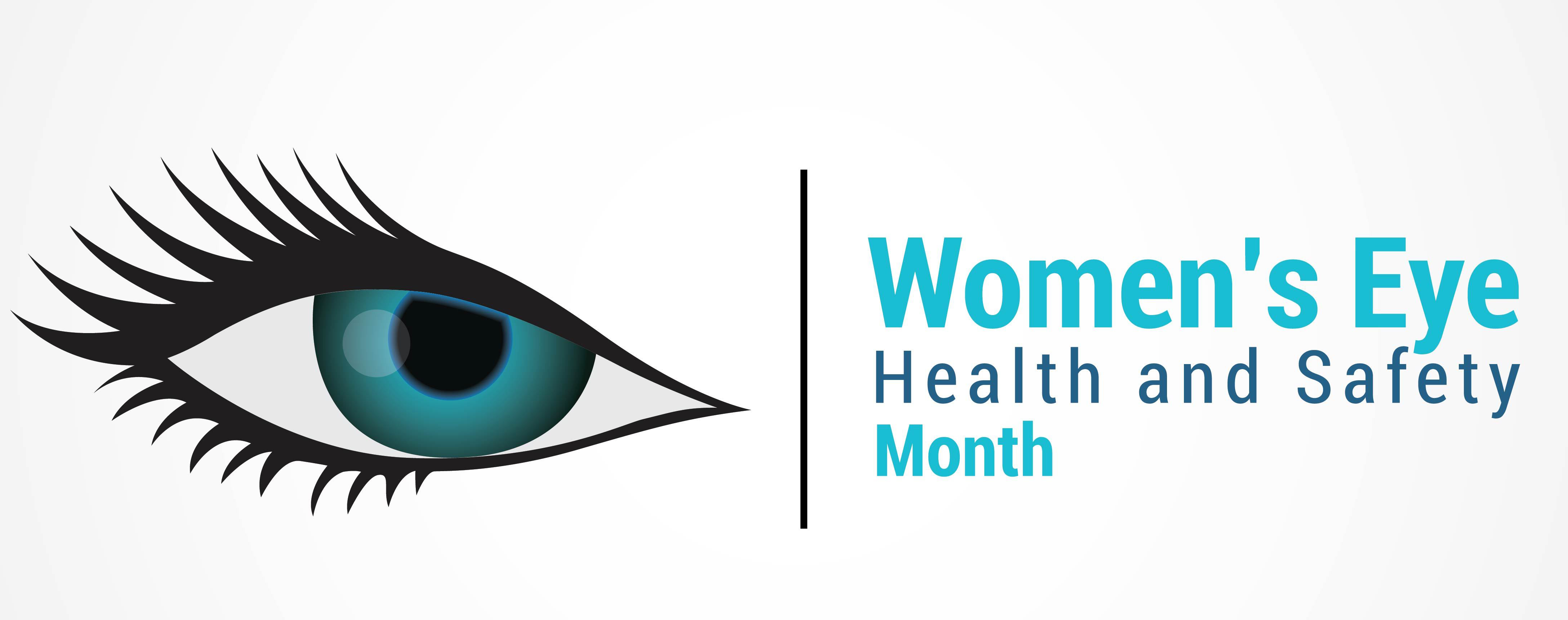Blinking is something we all do every minute, whether we think about it or not. The average person blinks 15-20 times per minute, or about 1,200 times per hour.
So why do we unconsciously move our eyelids over our eyeballs so many times? Because it’s extremely important for your eyes and vision.

Although you may not think of blinking as a major component of your health care routine, if you didn’t blink for extended periods you’d be at higher risk of eye infection. You would also have uncomfortable, dry eyes and would have decreased clarity of vision. The most important benefit of blinking is that it cleans the surface of your eye of any debris and washes it away with fresh tears. The thin coating of tears helps sharpen your vision, clearing and brightening the image your retina receives. Blinking also nourishes your eye with oxygen and nutrients, keeping your eyes healthy and comfortable.
Blinking wipes and renews your tear film, the smooth, moist layer covering our eyeballs.
The tears have 3 important layers. The inner most is the mucous layer that contains ‘mucins’ to keep the tears attached to the surface cells of the cornea. This material is produced by ‘goblet cells’ in the conjunctiva. The next layer is aqueous or ‘water-like’ that is produced by the lacrimal gland located in the upper-outer quadrant of the eye region. Finally, the outer layer is lipid or ‘oil-like’ that prevents the other layers from evaporating. These lipids are produced by tiny glands along the lid margins, next to the eyelashes. If any of these layers are absent or abnormal, then the cornea becomes vulnerable to damage.
The tears contain many protein components such as lysozyme, which function like natural antibiotics. The tear film also contains many nutrients and amino acids to nourish the cells of the cornea, which is the clear, dome-like structure on the front of the eye.
Besides keeping your eyes lubricated, the tear film also:
- Helps form an almost perfectly smooth front optical surface on the cornea helping light to focus properly.
- Washes away debris.
- Transfers oxygen from the atmosphere to the cornea, since the cornea lacks blood vessels to deliver it directly.
- Provides a pathway for white blood cells when there is an injury to the eye’s surface.
- Prevents infection due to presence of lysozyme and other antibacterial enzymes.
Your eyelids also play a significant role, aside from protecting your eye and keeping things dark while you sleep. There is also a slight horizontal movement of the eyelid that pushes debris toward the tear ducts, which are the small openings at the inner corners of the eyes through which tears drain into your nose. That is why your nose runs when you cry.
Blinking exercises are a great way to keep your eyes moist. Blinking stimulates tear production and gives our eyes a chance to wash away any debris that has accumulated on the surface of the eye. Individuals who spend a lot of time on the computer or reading a lot tend to blink less often than they should. Therefore, if your eyes feel dry and irritated when using the computer or reading, then look away and do the following blinking exercises.
Blinking Exercises for Dry and Irritated Eyes:
- Close your eyes quickly and tightly. Squeeze your facial muscles around your eyes for three to five seconds. Open your eyes slowly and relax your facial muscles. Keep your eyes open for another three to five seconds and repeat the squeezing process five to seven times.
- Use the 10-10 rule and every 10 minutes look at away from your computer and intentionally blink 10 times. Then resume your activities.



 Tom Sullivan
Tom Sullivan
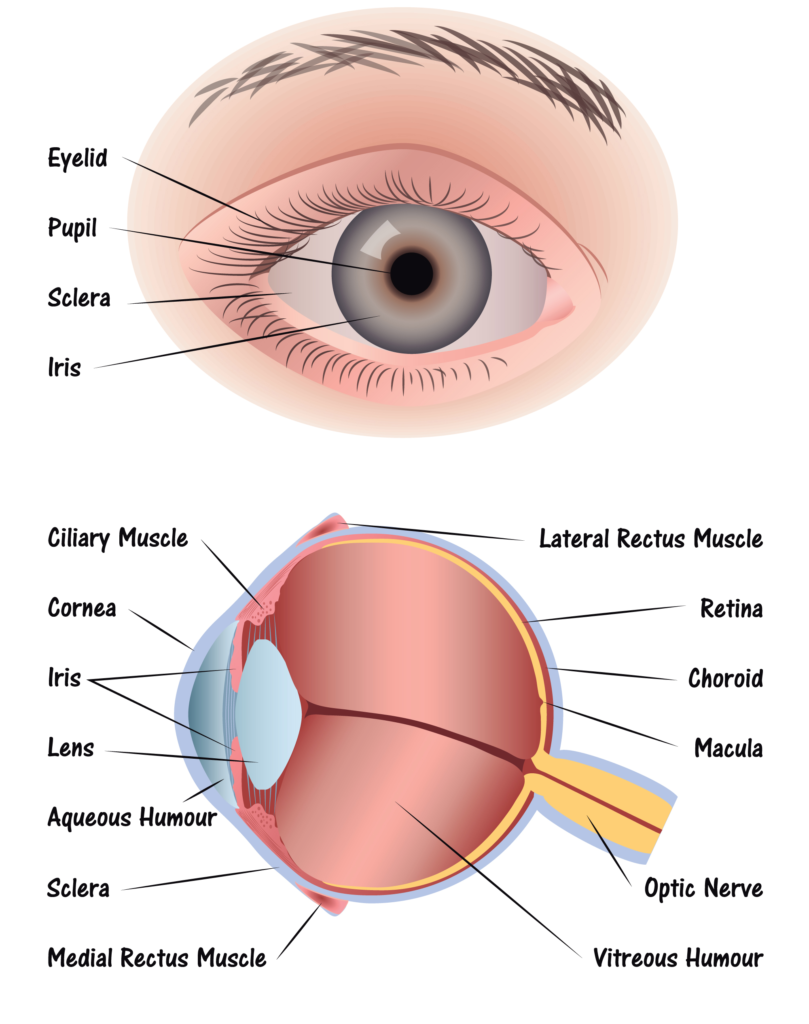 Step 1: Light passes through a thin layer of moisture
Step 1: Light passes through a thin layer of moisture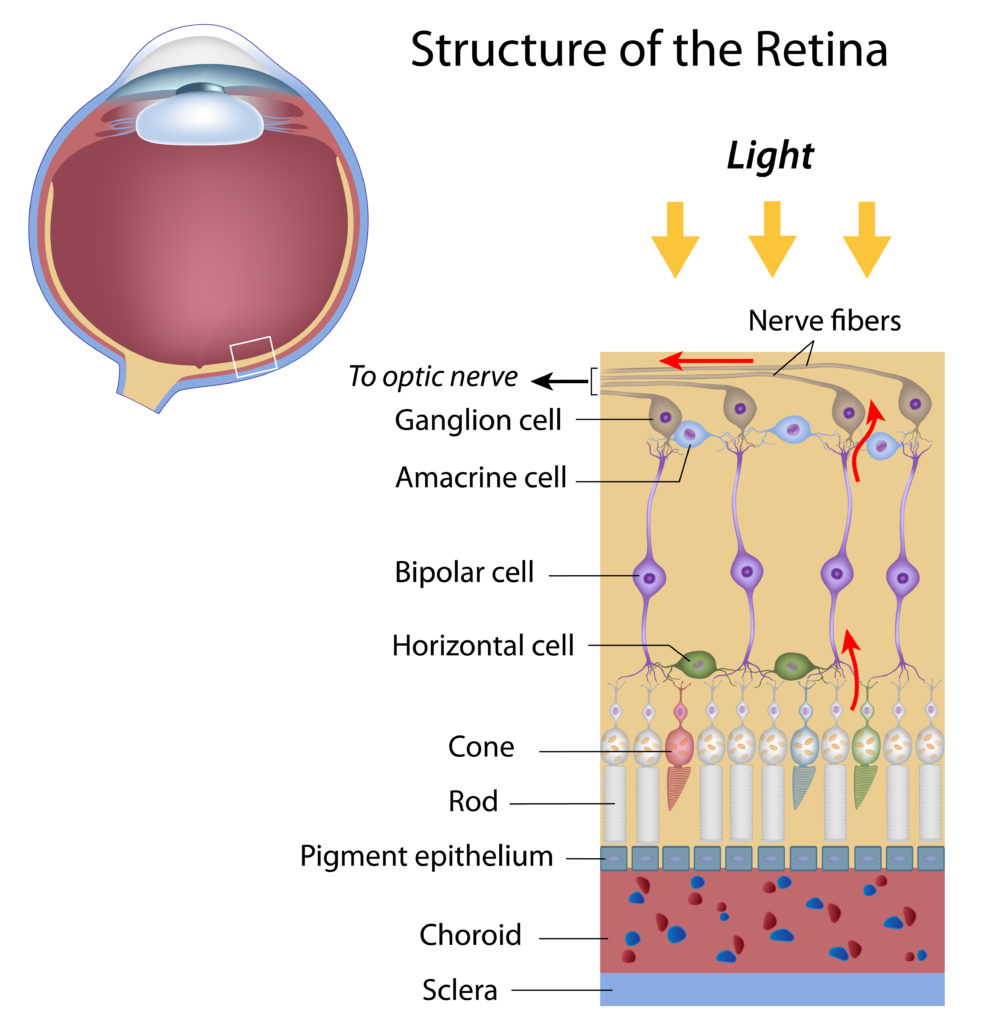

 Thanksgiving is almost here; a meal that nourishes the family bonds and traditions. It’s the one time of the year where you can guarantee your eyes will be bigger than your stomach.
Thanksgiving is almost here; a meal that nourishes the family bonds and traditions. It’s the one time of the year where you can guarantee your eyes will be bigger than your stomach.  Healthy Aging Month is an annual health observance designed to focus national attention on the positive aspects of growing older. Aging is a process that brings many changes. Vision loss and blindness, however, do not have to be one of them. There are several simple steps you can take to help keep your eyes healthy for the rest of your life.
Healthy Aging Month is an annual health observance designed to focus national attention on the positive aspects of growing older. Aging is a process that brings many changes. Vision loss and blindness, however, do not have to be one of them. There are several simple steps you can take to help keep your eyes healthy for the rest of your life.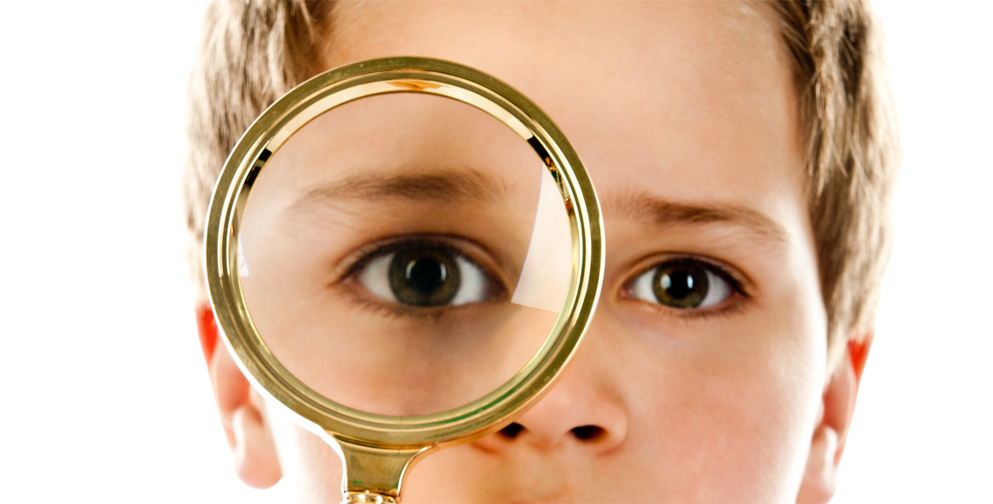 When you think of cancer, most of us do not think about the eye or vision. Though rare, cancer can start inside or outside of the eye. If cancer starts inside the eyeball it’s called intraocular and if it starts outside the eye (eyelid or in the eye socket) then it’s called extraocular tumor. It can occur in both children and adults. Most major eye centers have specialists who are trained in the diagnosis and treatment of eye cancers.
When you think of cancer, most of us do not think about the eye or vision. Though rare, cancer can start inside or outside of the eye. If cancer starts inside the eyeball it’s called intraocular and if it starts outside the eye (eyelid or in the eye socket) then it’s called extraocular tumor. It can occur in both children and adults. Most major eye centers have specialists who are trained in the diagnosis and treatment of eye cancers.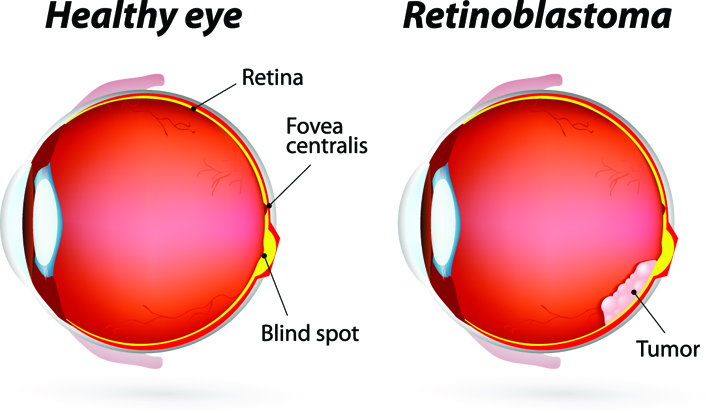 At the later stage of this cancer, the only one way to survive is to remove the eyeball (enucleation). Like many of other types of cancer, retinoblastoma has a genetic component so genetic testing needs to be done. The tumor begins with the RB1 gene mutation that stimulates retinal cells to develop into a tumor called a retinoblastoma. The RB1 mutation can be inherited from the parents, but in some cases it is sporadic and not inherited. There are various treatments such as surgery, chemotherapy, radiotherapy etc. to cure retinoblastoma cancer. Rarely it can spread beyond the eye.
At the later stage of this cancer, the only one way to survive is to remove the eyeball (enucleation). Like many of other types of cancer, retinoblastoma has a genetic component so genetic testing needs to be done. The tumor begins with the RB1 gene mutation that stimulates retinal cells to develop into a tumor called a retinoblastoma. The RB1 mutation can be inherited from the parents, but in some cases it is sporadic and not inherited. There are various treatments such as surgery, chemotherapy, radiotherapy etc. to cure retinoblastoma cancer. Rarely it can spread beyond the eye. 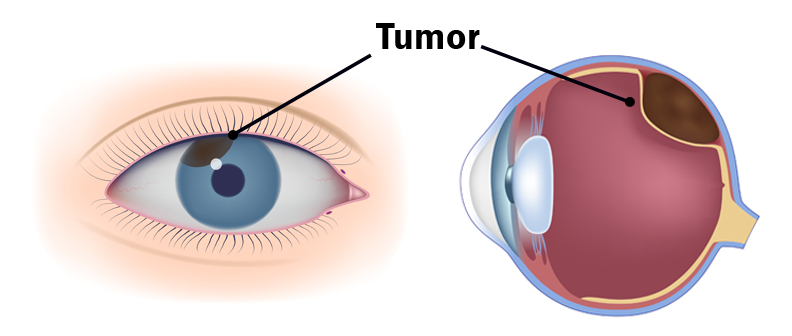
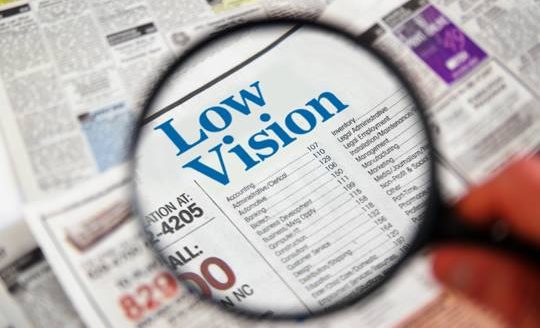
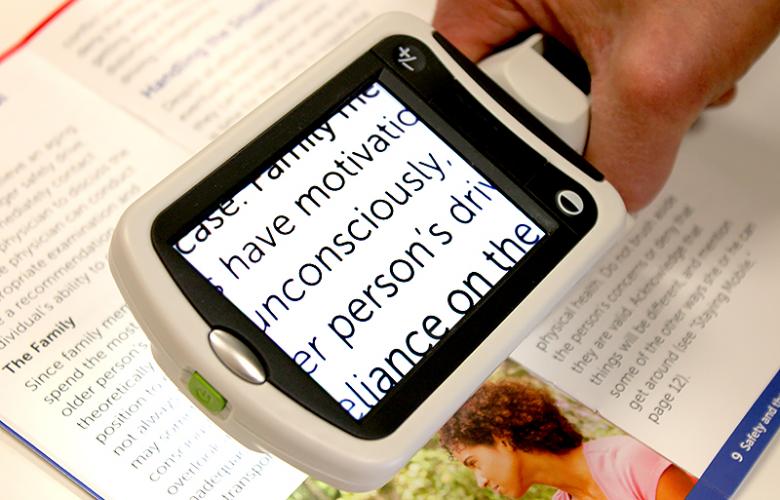 Portable magnifiers and lighted magnifiers- offer magnified reading on the go. Perfect for menus, shopping lists, label reading, and more, portable magnifiers can fit in your pocket, purse, or be worn on the belt for quick, easy use.
Portable magnifiers and lighted magnifiers- offer magnified reading on the go. Perfect for menus, shopping lists, label reading, and more, portable magnifiers can fit in your pocket, purse, or be worn on the belt for quick, easy use.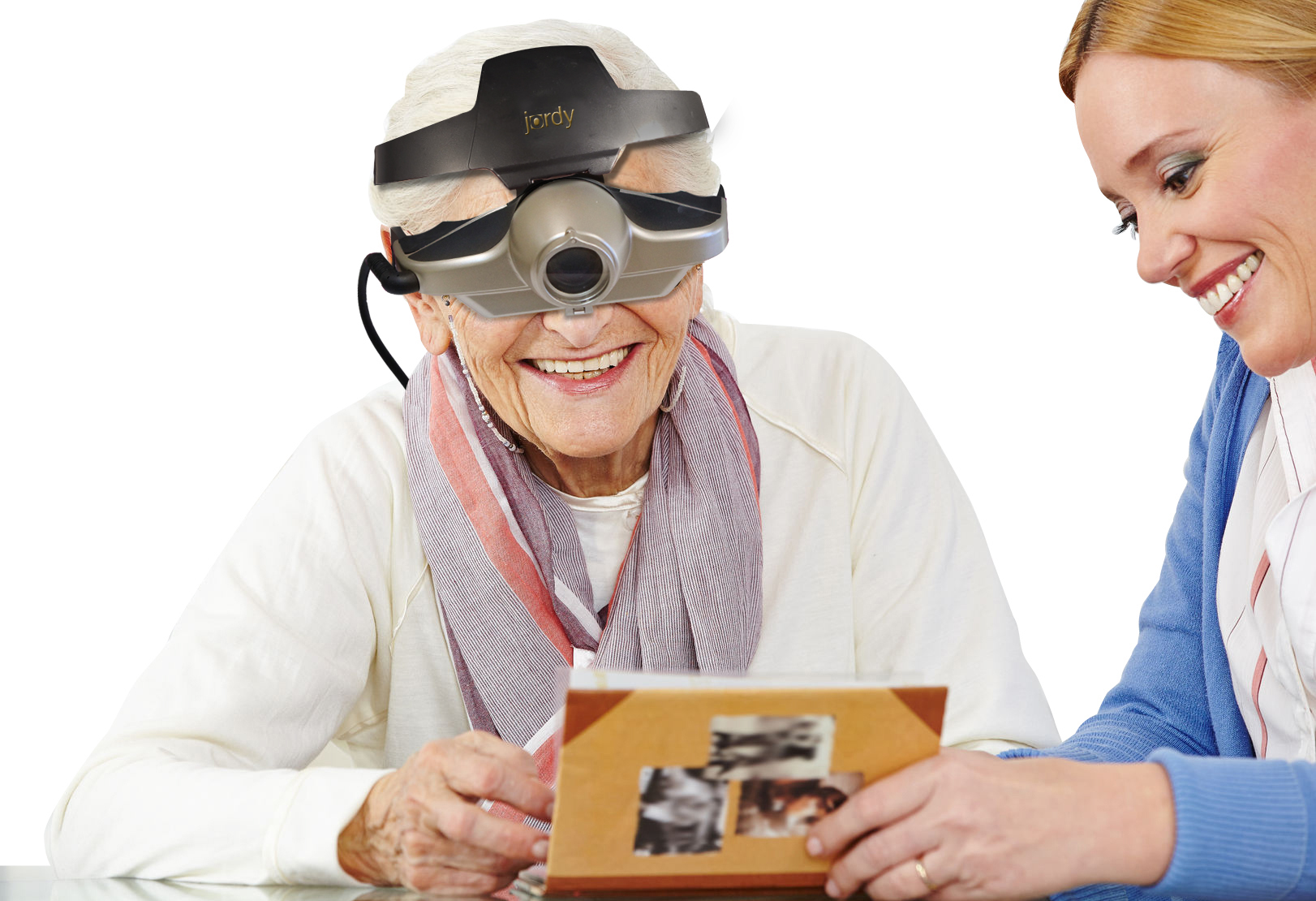 Wearable magnifiers – wearable technology is the future for those with low vision who live an active lifestyle. Wearable options make it possible to see and take part in everyday tasks, such as reading and recognizing faces.
Wearable magnifiers – wearable technology is the future for those with low vision who live an active lifestyle. Wearable options make it possible to see and take part in everyday tasks, such as reading and recognizing faces.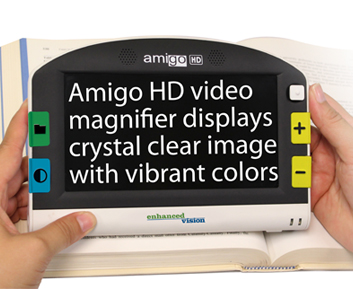 Transportable magnification screens– are perfect for close up viewing as well as distance viewing. These great viewers offer great flexibility, from watching TV to using the mirror image feature for self-viewing. There are APPS for smart phones that can be used to magnify reading material.
Transportable magnification screens– are perfect for close up viewing as well as distance viewing. These great viewers offer great flexibility, from watching TV to using the mirror image feature for self-viewing. There are APPS for smart phones that can be used to magnify reading material.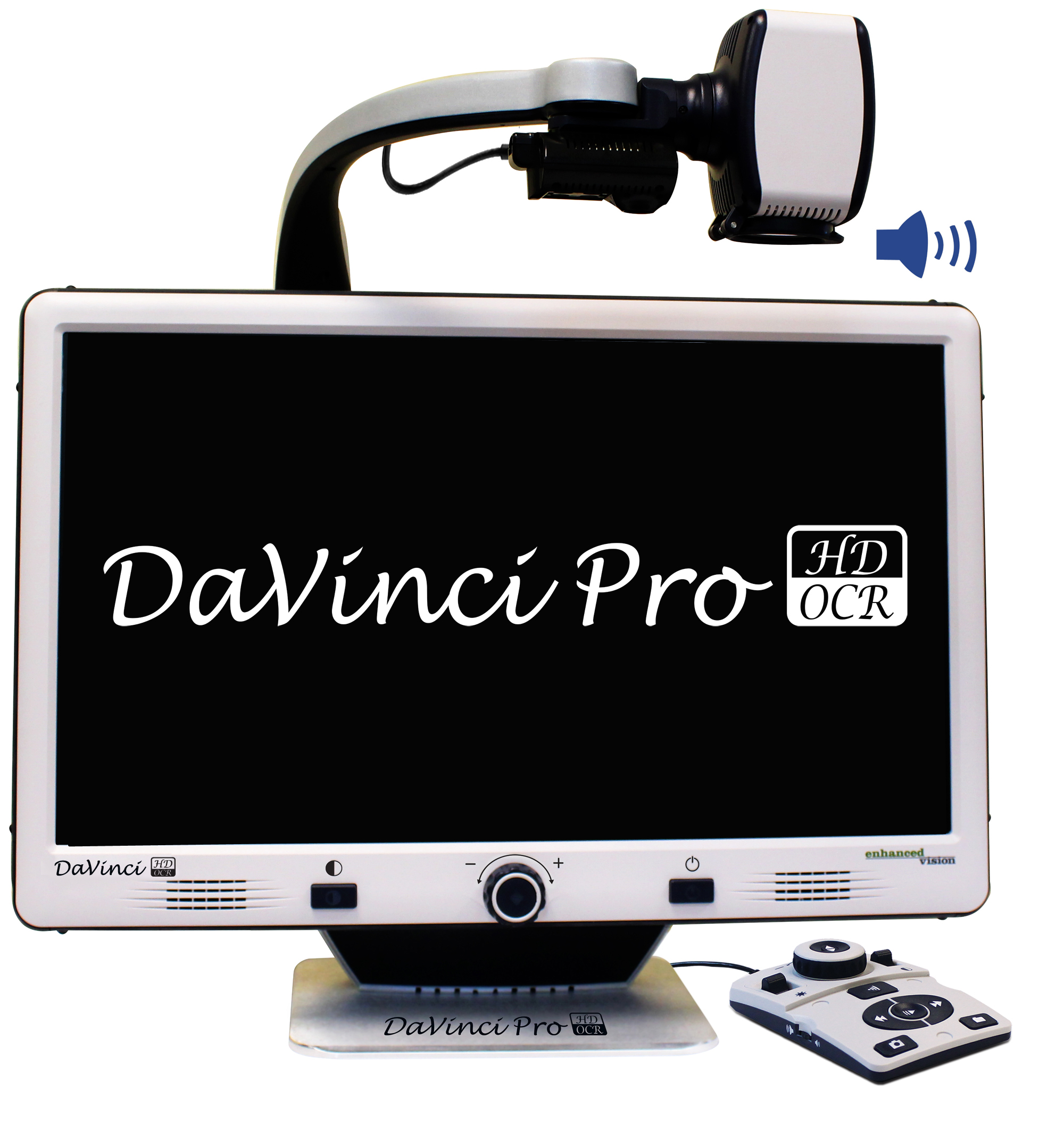 Desktop devices for reading books, bills or letters – these have large, bright screens. A reading table offers visual aid for reading books, optional computer connectivity and more. This family of portable magnification units offers up to 75x magnification.
Desktop devices for reading books, bills or letters – these have large, bright screens. A reading table offers visual aid for reading books, optional computer connectivity and more. This family of portable magnification units offers up to 75x magnification.